Meet Katusha Jin | Director, Producer, and Writer
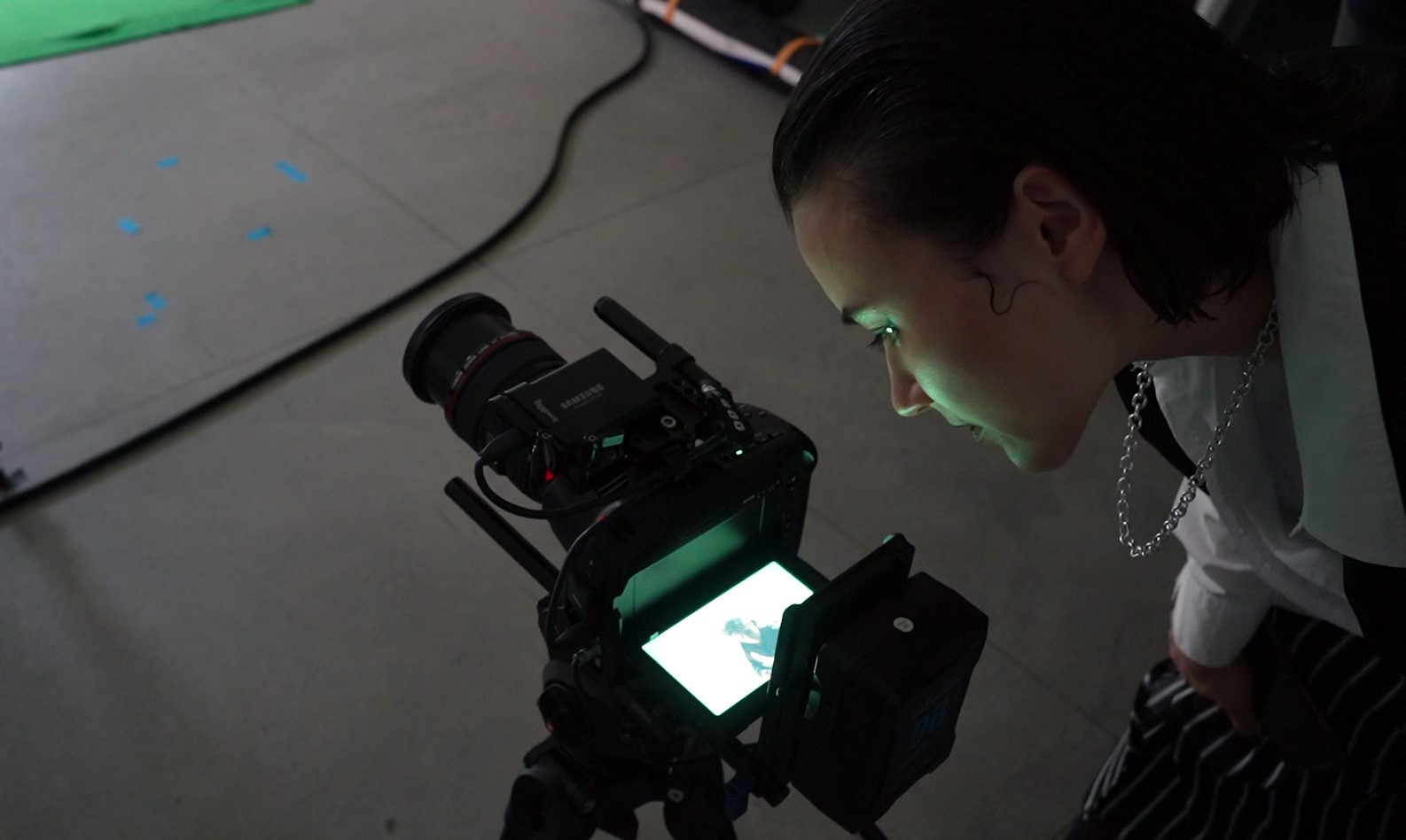
We had the good fortune of connecting with Katusha Jin and we’ve shared our conversation below.
Hi Katusha, can you tell us more about your background and the role it’s played in shaping who you are today?
I work as a director, producer, and writer for creative and commercial projects. This is a far cry from what I had assumed I would be doing 20 years ago. During my secondary education, I was convinced I was going to end up in the hard sciences. I took part in my school’s advanced maths program while juggling piano competitions and badminton practices on the weekend, and painting in my school’s art studio whenever I could. I rarely had free time and was constantly focused on performing well. I was that kid.
The decision to be a part of the arts industry, to attend film school at NYU Tisch and turn it into my career, was quite a drastic shift for me and is very different to the paths my peers took. When choosing my classes during my final two years, I decided to take a theater class on a whim. Although I grew up surrounded by music, and have often found solace in painting, it was in the theater that I found my freedom of expression. Being able to embody an entirely different being gave me the courage I needed to find my voice; this was the start of a long journey of creative collaborations.
I think it also helps that I have always felt a strong draw towards stories. As a result of my upbringing by my Russian mother and Chinese father (and school life in the UK), childhood had been rife with influence from both the East and the West. My connection to these highly distinct cultural bodies is based on the bedtime stories, music, and languages I experienced growing up. From opera matinees with my grandfather on the Russian side and memorizing proverbs with my grandmother on the Chinese side, my background allows me to appreciate art without the biases of media and politics. For that, I am very grateful.
The people I meet in my career as a creative tend to be passionate, generous, and engaged. Whereas in school, studying and work were viewed as a means to an end (high marks), the artistic endeavors of a creative represent both the means and the end. While we are still subject to the constraints of deadlines and budgets, I am energized to be working with people who seek to create something meaningful.
To this day, I still remember the impact that the theater piece, “Lovesong,” and the film, “Eternal Sunshine of the Spotless Mind,” had on me. When sitting in the auditorium of “Lovesong,” bawling my eyes out along with the other audience members, I remember thinking “If I could be a part of something that can make people feel the way this made me feel…wouldn’t that be amazing.”
The switch didn’t flip overnight. I had agonized over the decision of what would be the right choice. I recognized the value of the arts and how great works of cinema can drastically change your framework on things. But to have staked my career in it then was a huge risk for me. Looking back, the decision has made a very material impact on my life. It changed the perspective through which I view life and the sort of life I want to live.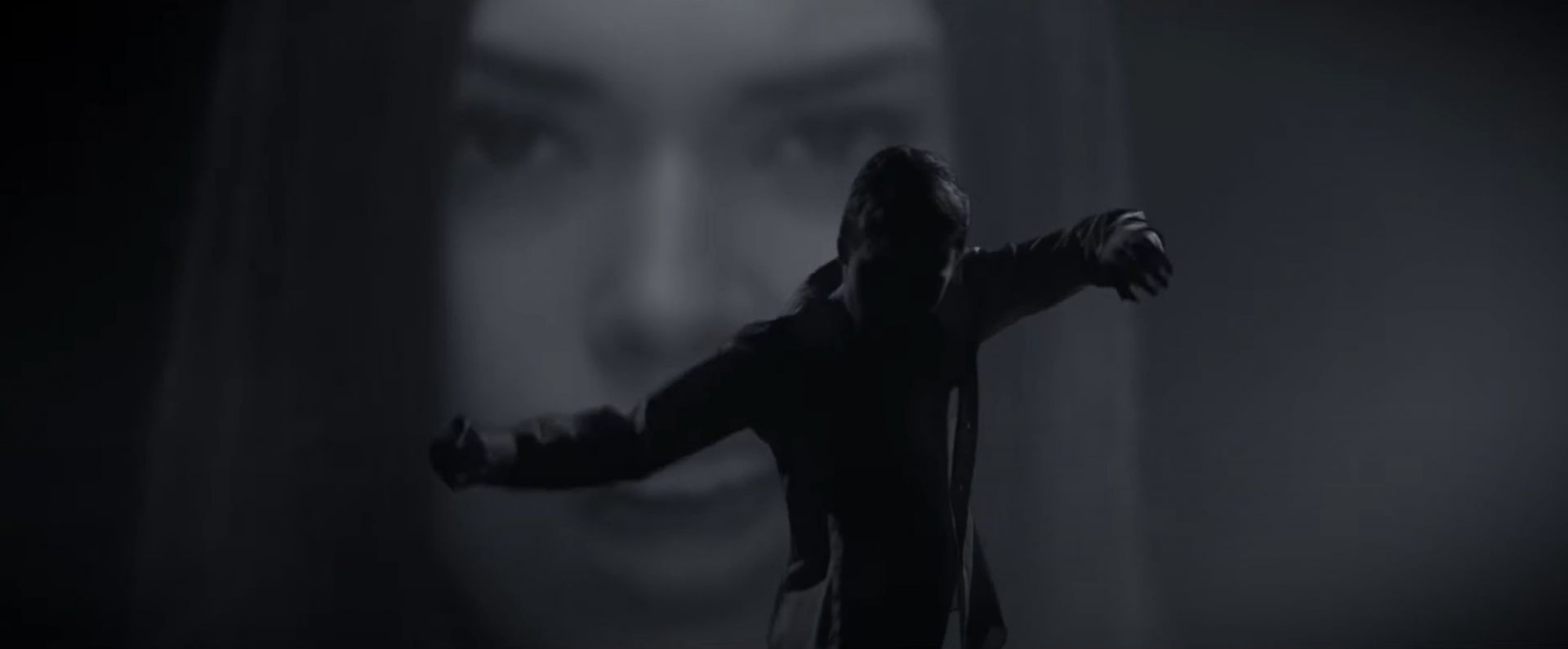
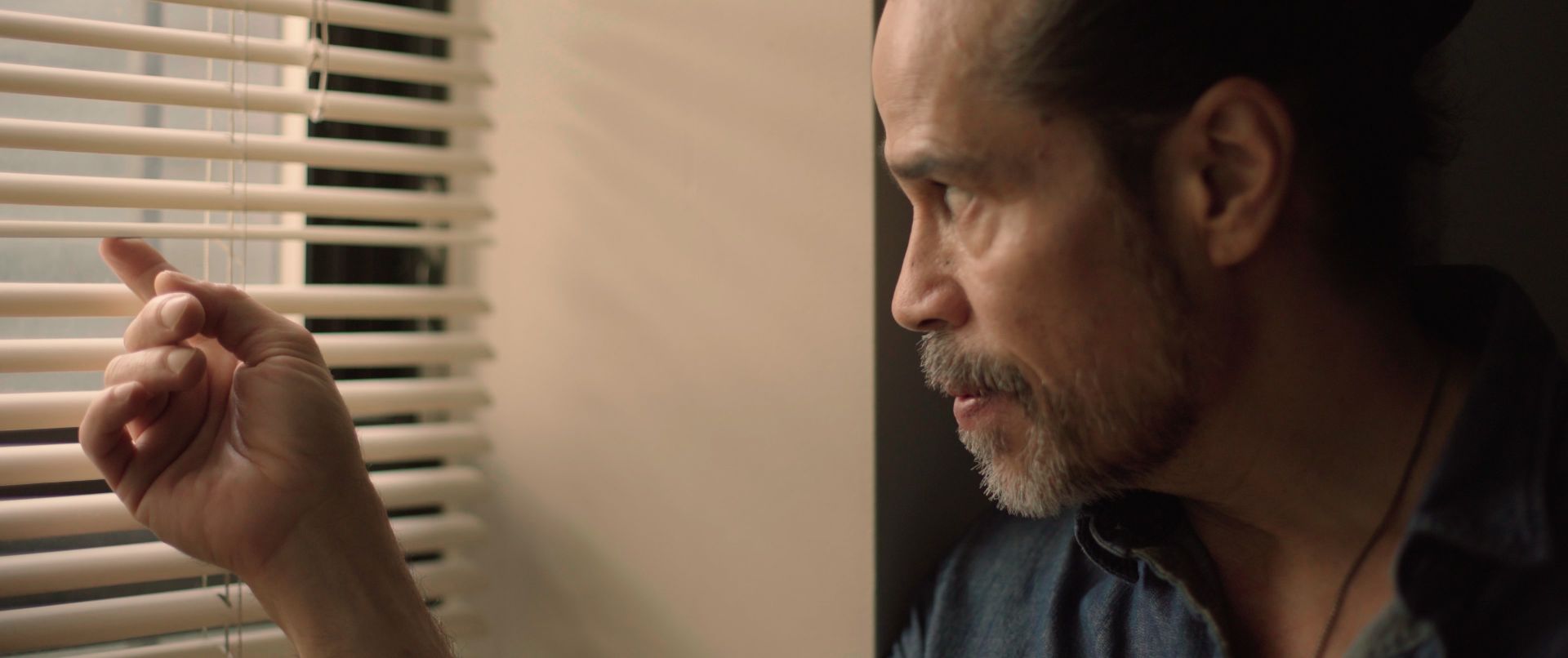
Please tell us more about your work. We’d love to hear what sets you apart from others, what you are most proud of or excited about. How did you get to where you are today professionally. Was it easy? If not, how did you overcome the challenges? What are the lessons you’ve learned along the way. What do you want the world to know about you or your brand and story?
I believe that stories have a profound impact on the way we grow and learn. They create feelings by framing moments that evoke emotional responses from us. Each element in the way a story is told is interconnected. Whether it is through music, visuals, movement, or words, they are all integral choices a filmmaker makes in their creations. To me, art is about capturing the otherwise fleeting moments of life, in whatever medium. It’s a way for people to share an experience, a feeling or emotion, in a way that creates connections between humans.
Coming out of school, one of the most difficult concepts to get used to was that art is almost entirely subjective, and not meritocratic in the way children are taught to measure how well they’re doing in school. Breaking out of the mindset of following rules and ticking boxes was a challenge for me, because suddenly there were no rules to follow. Without a set ladder to climb up, it becomes the job of the artist to design their own career path.
I gradually came to realize that the most invaluable part of any project for me was the process of creation. With every project I worked on, instead of putting an emphasis on the end product, I began to focus on the process of collaborating with others. Each project became an investment in my education and growth as both an artist and an individual, and this shifted my framework of valuation. It made me much more selective about what I took on.
As an adult, I have noticed that I spend a lot of time unlearning what I have been taught. Knowing that it’s okay to do that is immensely freeing. I believe that, as an artist, to find your own voice you have to create your own rules, boundaries, and dig into your mind to find what does and doesn’t work for you. I am a naturally curious individual, so I often find myself pinballing from one medium to another. When working in one medium, I sometimes draw inspiration from another. Realizing that I didn’t need to limit myself to one art form was a big “aha” moment. Art is subjective, but it’s also deeply personal and so the process should also be personalized. Figuring out what that process is, is all part of the journey.
I am always proud and excited about every new project I get to work on. The most recent one that comes to mind is a music video that was just released done in collaboration with many talented artists, including a wonderfully creative Visual Effects professional, Spencer Griswold. I learned so much throughout the production and post-production for this project and am incredibly grateful to all the people who were part of the collaboration.
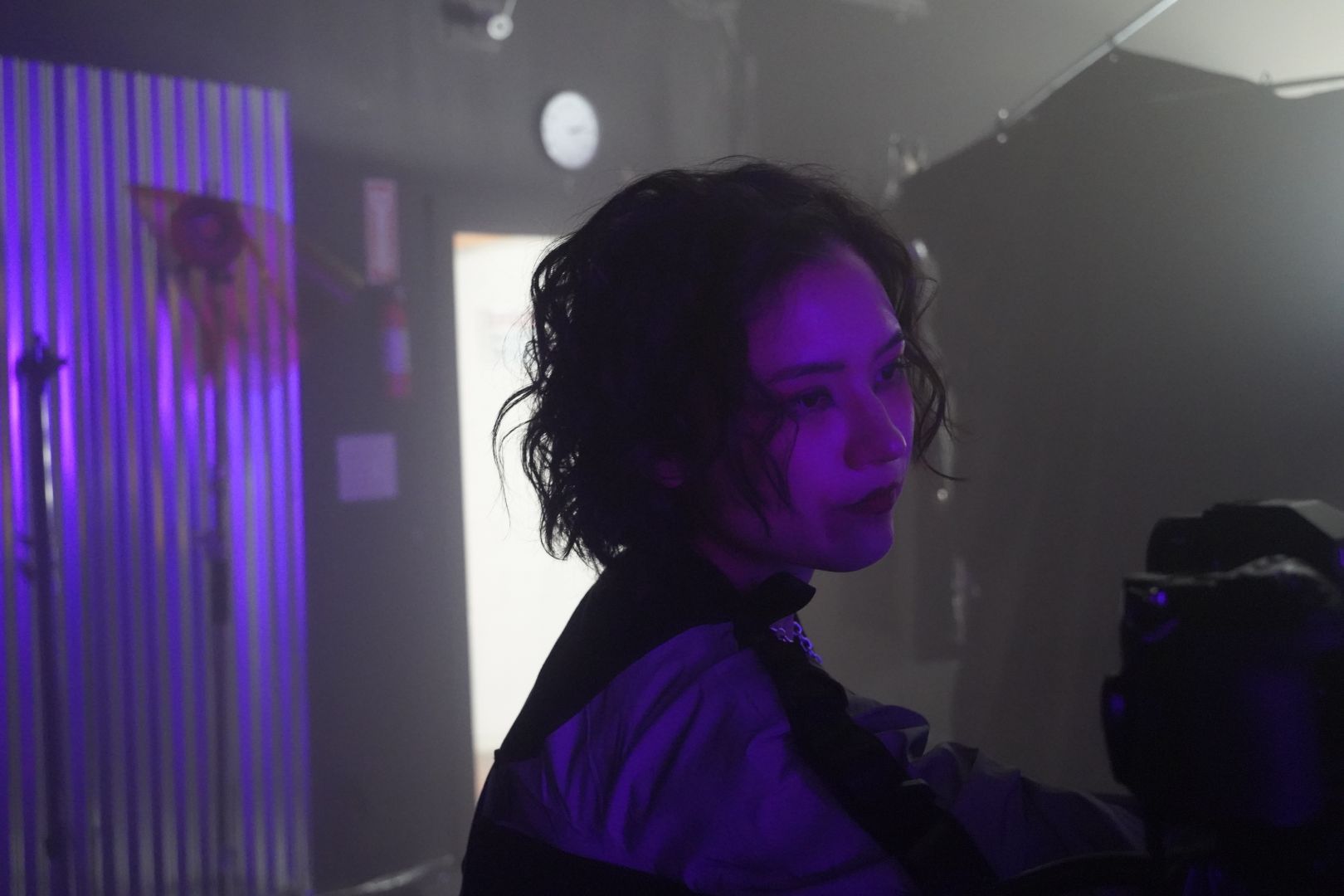
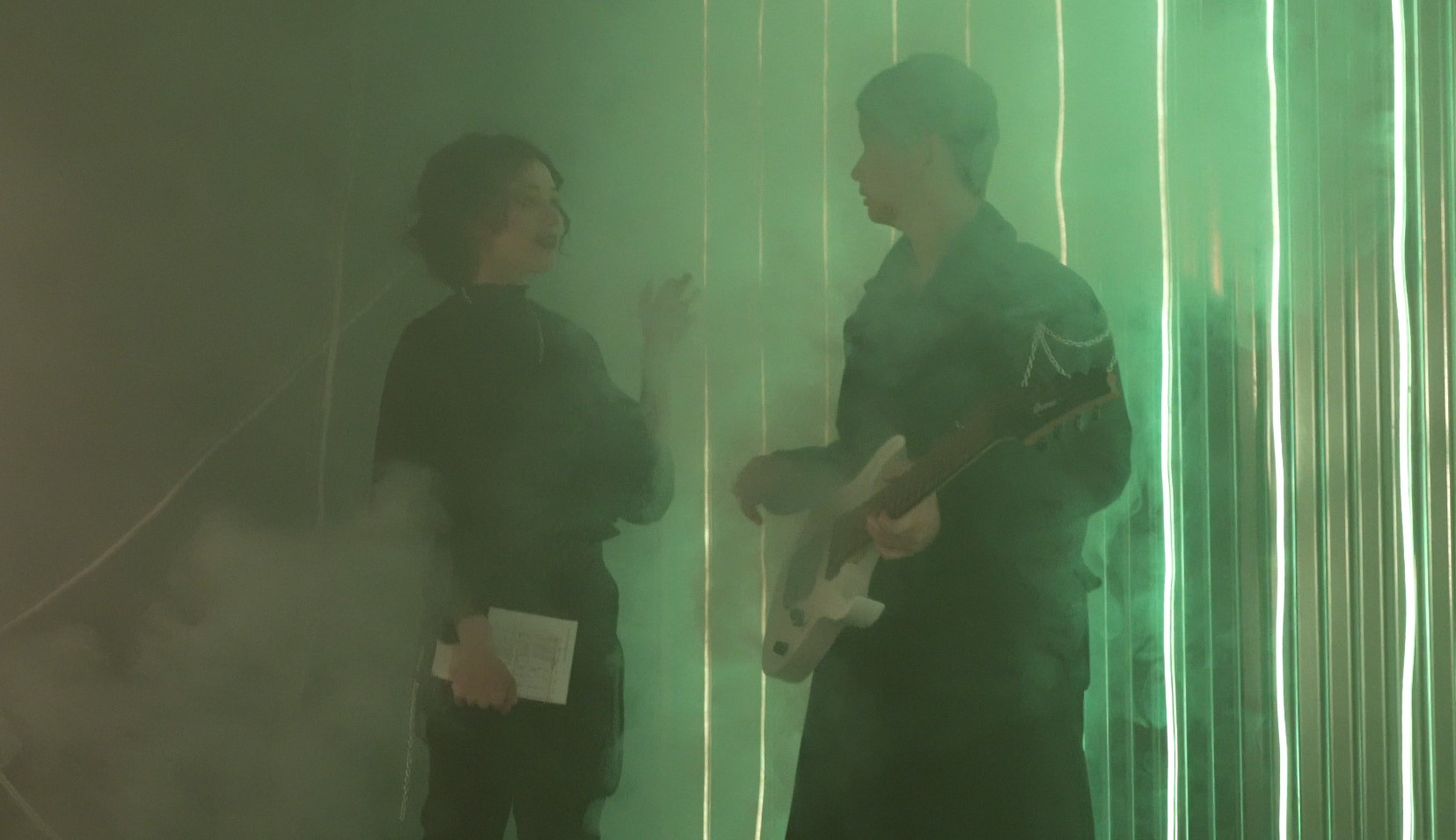
If you had a friend visiting you, what are some of the local spots you’d want to take them around to?
I live in New York City where there’s always something going on. But whenever I’m traveling to a new place, my favorite thing to do is to go on walks around the area I’m visiting. I think that walking around is the best way to get to know a new place whilst also observing the way the people around interact with one another, see all the sceneries around, and get an understanding of what makes this city or place tick. So if my friend were visiting, I would probably want to do the same. We’d walk along the rivers, explore neighborhoods such as Chelsea, Little Italy, Chinatown, etc., and stop to rest at a local cafe whenever we felt the need to. I would also take them to the library on Bryant Park (Stephen A. Schwarzman Building), then pop into Grand Central, stroll along the highline, and visit the American Museum of Natural History.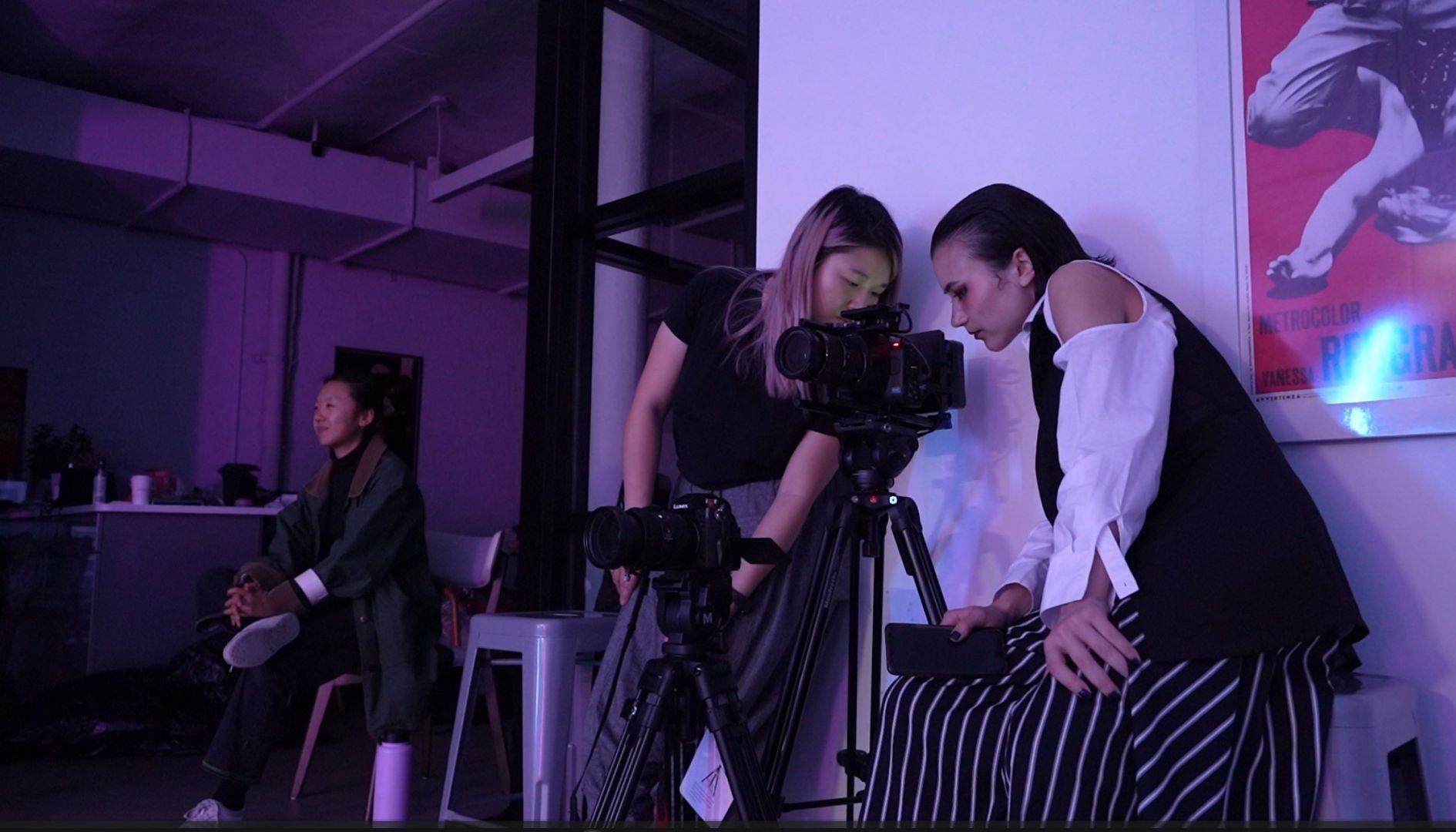
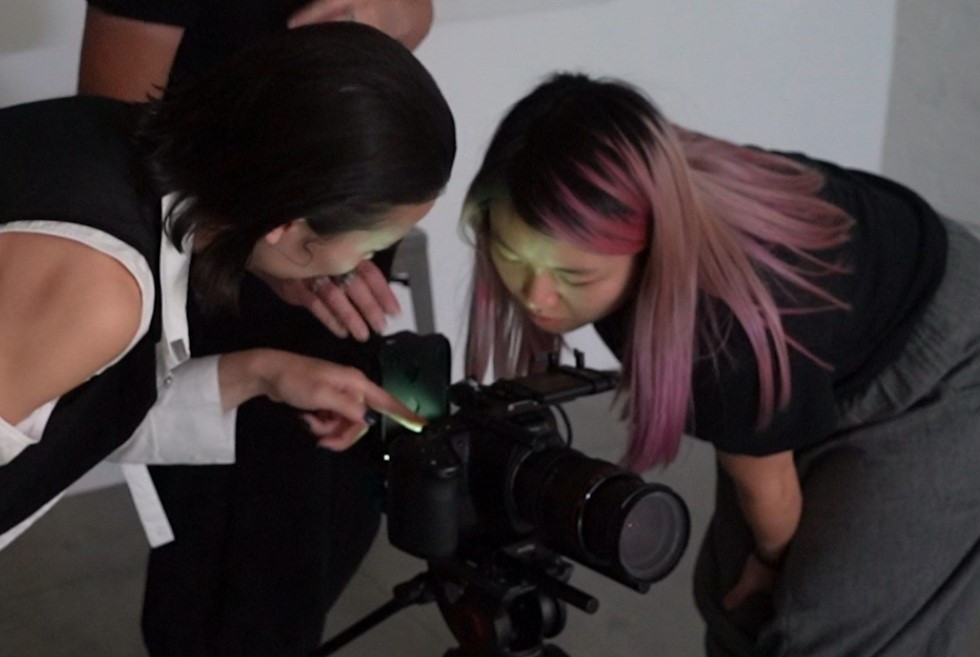
The Shoutout series is all about recognizing that our success and where we are in life is at least somewhat thanks to the efforts, support, mentorship, love and encouragement of others. So is there someone that you want to dedicate your shoutout to?
Whether it’s mentorship, encouragement, or emotional support, every thoughtful action and comment from others that have become a part of my journey has been invaluable. Needless to say friends and family deserve my gratitude for providing me with the education that has led me here. When I think back to the moments that have really impacted me, so many of them are memories of what various teachers have said to me or showed me.
The mentorship and wisdom I received from my secondary school teachers have always meant a lot to me, although I probably don’t tell them enough. Hannah Proops and Chris Hope were my theater teachers and introduced me to “Lovesong” and “Eternal Sunshine of the Spotless Mind.” They also gave me my first ever role as a director. Cath Brown and Elizabeth Edwards, my maths and art teachers, believed in me and encouraged me from my very first years at school. Some other educators who have left an indelible mark on my academic journey include: Alex Worsnip—one of the most insightful and mind-opening teachers I’ve ever had—who introduced me to the realm of Philosophy, Matt Walsh, Ross Settles, and Uli Gaulke, who gave some of the best lectures, advice, and office-hours chats, Jan Lisa Huttner—an inspiration to all young women—who helped me hone my voice as a critic, and Ruby Yang who served as my mentor throughout the filming and editing of my documentary film during Covid.
I am also grateful for my colleagues and friends who believed in me and helped me in making my visions become a reality. This includes Kadi Tsang, Amy Tiong, Spencer Griswold, Yutong Xie, Sylvan Gu, Ryan Christopher Lee, Daniel Lazar, Dalis Leyendecker, Hahn Byol Chang, and Piera Van de Wiel.
Finally, I want to thank my incredibly talented sisters, Sophia and Lydia Jin, as well as Nathan Ho, all three of whom hold a special place in my heart for keeping me on my toes and inspiring me to be better every day.
Of course, there’s never enough room to give all the thanks that deserve to be given, so to all those I have not mentioned here—thank you.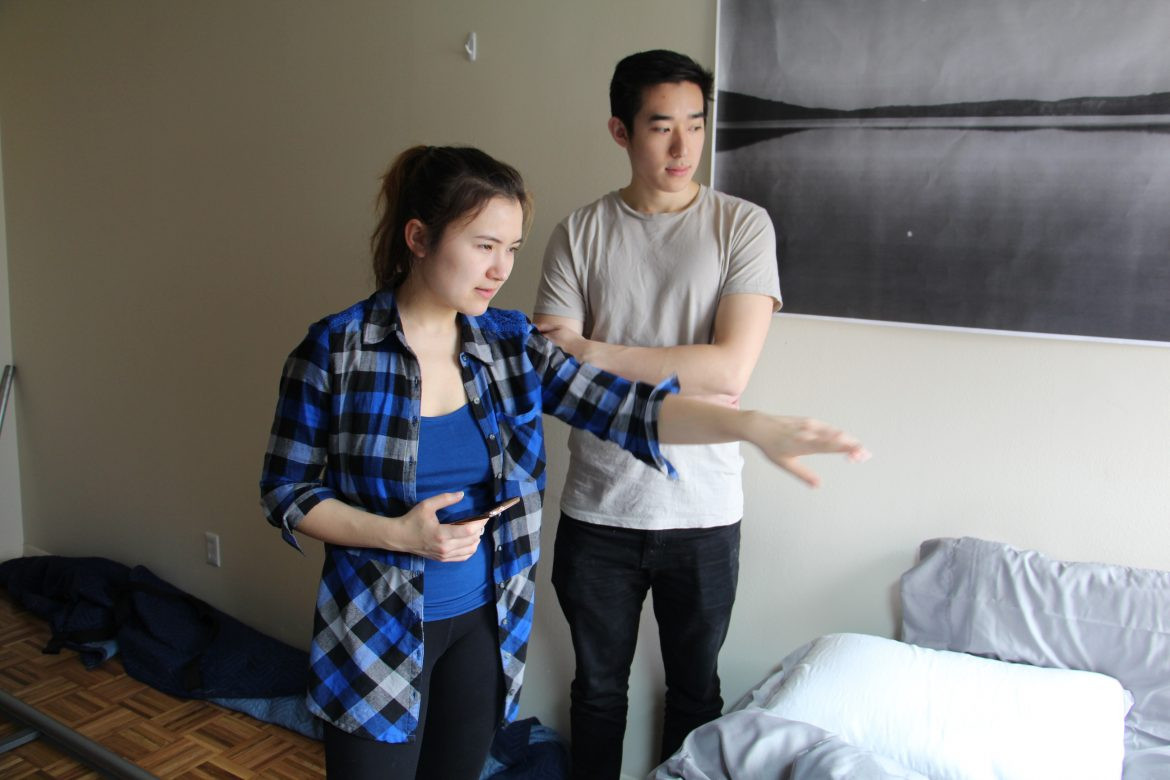
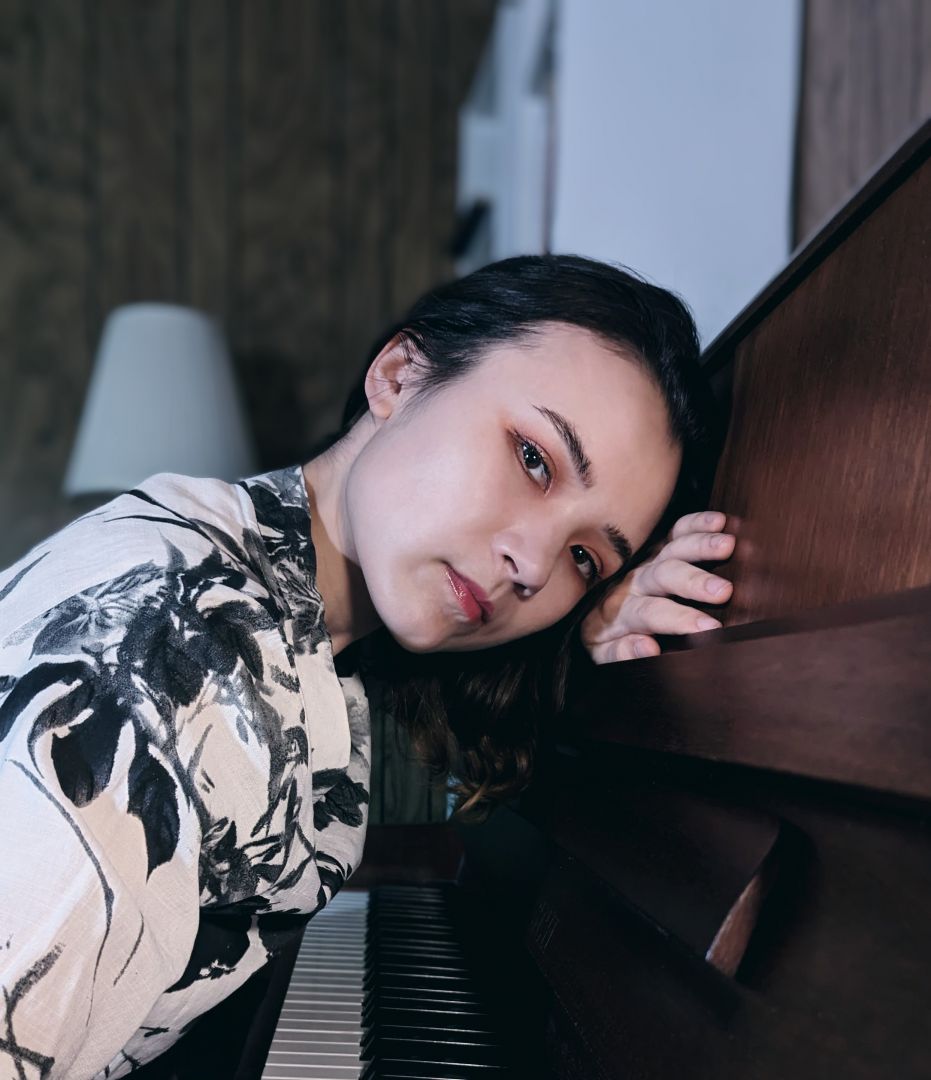
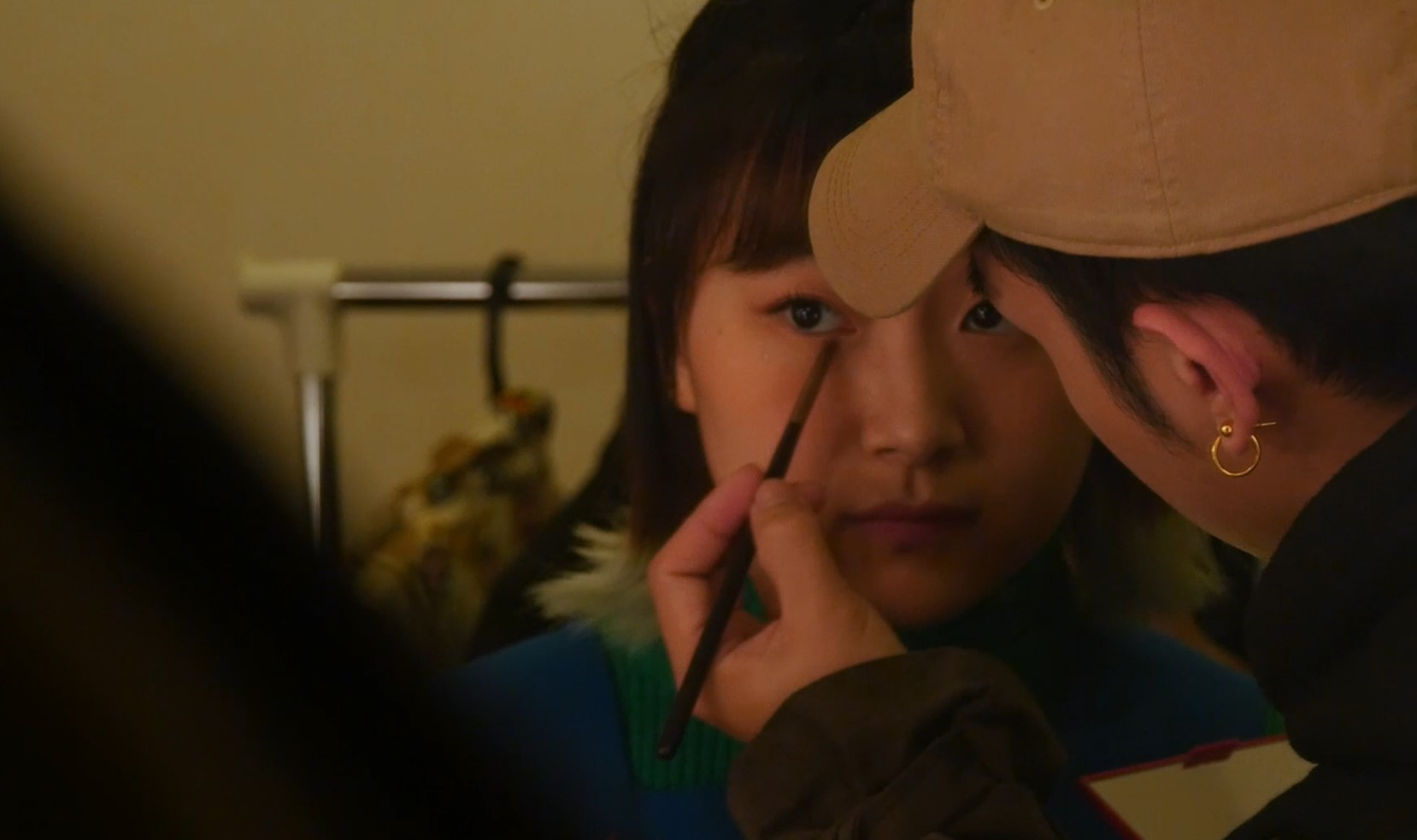
Website: www.katushajin.com
Instagram: https://www.instagram.com/katusha.j/
Linkedin: https://www.linkedin.com/in/katusha-jin-863b17139/
Youtube: https://www.youtube.com/@katopedia
Other: Legends Never Die Music Video: https://youtu.be/4MSYXjOk3v4?si=xtFnBIHz564h1q5w
Image Credits
Nathan Ho, Chris Luo, Daniel Lazar, Kadi Tsang
